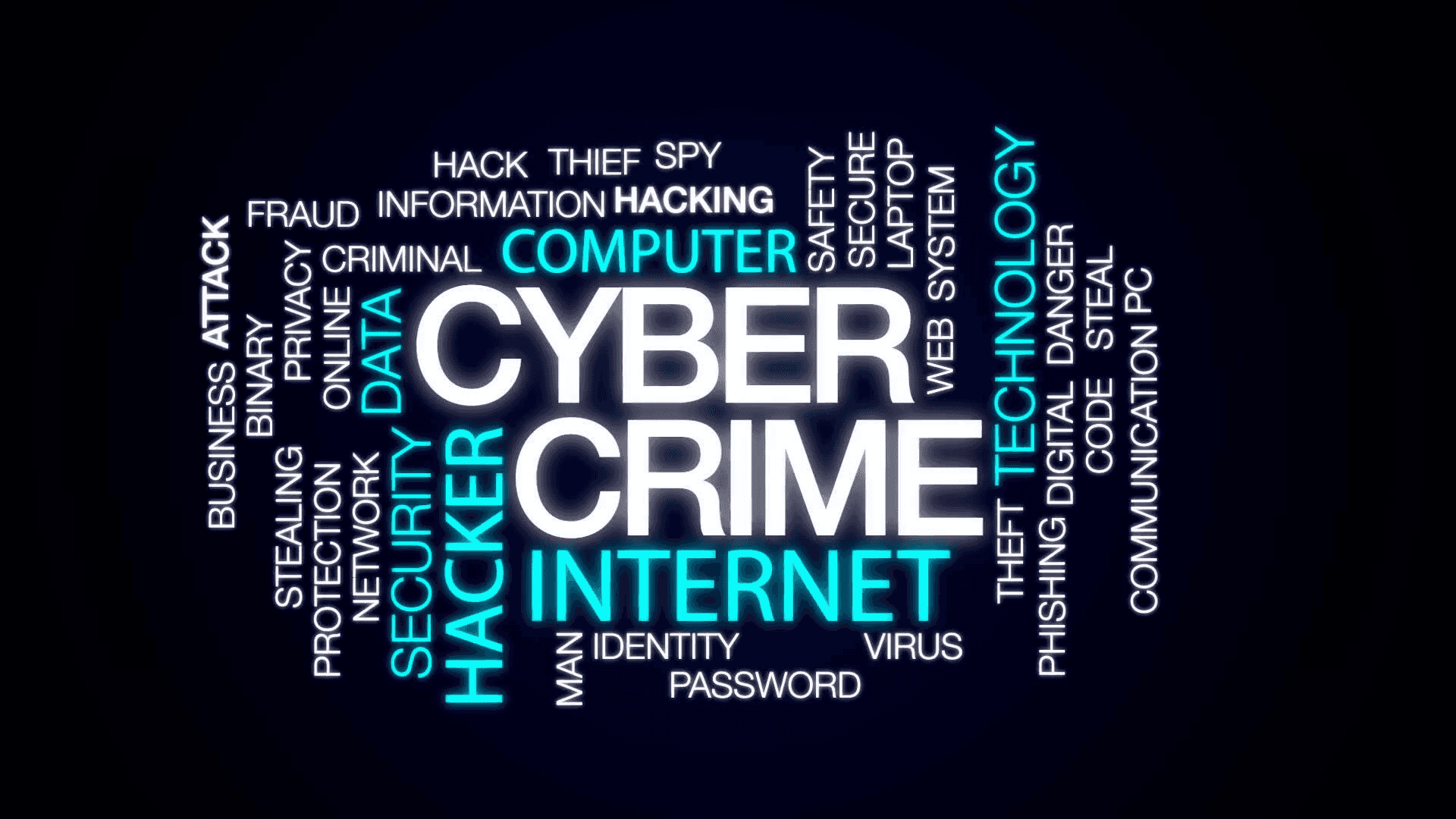10 Essential Cyber Security Tips All Business Needs to Implement
10 Essential Cyber Security Tips All Business Needs to Implement
Blog Article

In the current digital realm, cyber security has become a vital concern for businesses of any size. With the increasing frequency and sophistication of cyberattacks, organizations must prioritize the security of their private data and information. A lone breach can lead to significant financial losses, compromised reputations, and legal repercussions. Therefore, comprehending and adopting effective cybersecurity strategies is not just a technical necessity but a fundamental part of any organization's overall approach.
To guide you find your way in the challenging world of cybersecurity, we have assembled a set of 10 important tips that all company should consider. These effective measures are designed to improve your security posture, secure your information, and ensure that your organization can operate securely in an increasingly networked environment. Whether you are a small startup or a major corporation, these tips can provide a strong foundation for your cybersecurity efforts.
Implement Strong Password Policies
An of the key important steps in improving cybersecurity for all organization is to adopt robust password guidelines. Poor passwords are some of the easiest targets for malicious actors, making it crucial for organizations to enforce guidelines that promote password security. This involves establishing minimum requirements such as length, diversity, and the inclusion of both big and lowercase letters, numbers, and extra characters.
In furthermore to creating sophisticated passwords, businesses should advise periodic password changes. Implementing a guideline that requires employees to change their passwords at intervals can assist reduce the possibility of unapproved access. Additionally, informing team members about the value of avoiding using again passwords across multiple sites further enhances the organization's defenses against digital threats.
In conclusion, implementing multi-factor authentication (MFA) can significantly boost password security. By mandating an additional verification method, such as a mobile code or fingerprint scan, organizations can add an additional layer of safeguarding even if a password is leaked. This mixture of effective password creation, periodic revisions, and multi-factor authentication builds a far robust cybersecurity posture for businesses.
spintax
Regularly Upgrade Software and Platforms
Cybersecurity Certification
Ensuring programs and platforms updated is one of the top practices in ensuring solid security . Software developers frequently release updates that fix issues , enhance functionality , and strengthen security . By failing implement these updates , businesses expose themselves to potential hacking , as cybercriminals often focus on known weaknesses that have not been addressed . Therefore, regularly inspecting and installing updates is crucial to secure confidential data and platforms from breach .
In parallel to operating systems , all installed programs , including internet browsers and security applications , need timely upgrades . Automated update features should be activated when feasible , as this guarantees that the most recent updates are applied without delay . Businesses should also keep an overview of all software used within the enterprise to track which programs require upgrades . This preventive strategy aids in minimizing the risk of security issues and upholds a robust security stance .
Moreover , it is essential to educate employees on the significance of application updates . Team members play a vital role in the security landscape, and cultivating a environment of awareness can significantly bolster the overall protection of the organization . Regular workshop programs can help staff comprehend the risks associated risks associated with obsolete programs and the actions they can adopt to maintain all software is updated . By prioritizing application and software upgrades , businesses can take a significant measure toward defending their online resources .
Implement Employee Education and Awareness
A single of the most crucial actions in boosting cybersecurity inside a business is to conduct regular staff training and sensitivity sessions. Staff are usually the initial line of defense against digital threats, which makes it necessary that they understand the present risks and optimal procedures. Delivering thorough training helps ensure that staff are acquainted with the varieties of online attacks, such as social engineering and ransomware, as well as the suitable responses to suspicious activities.
Successful training should address a variety of subjects, including password management, data protection policies, and the significance of reporting security issues. It is also advantageous to create a environment of cybersecurity where employees feel responsible for the security of the organization. Additionally, including real-life scenarios and interactive training modules can greatly improve recall and participation, increasing the chances that employees will implement what they have learned in their daily activities.
Continuing education is just as important as the cybersecurity field evolves quickly. Regular refresher classes and updated training materials should be provided to keep employees educated about emerging threats and tools. By fostering a well-informed workforce, organizations can considerably lessen risks and strengthen their overall cybersecurity stance, making certain that all team members plays a part in protecting sensitive data and resources.
Report this page